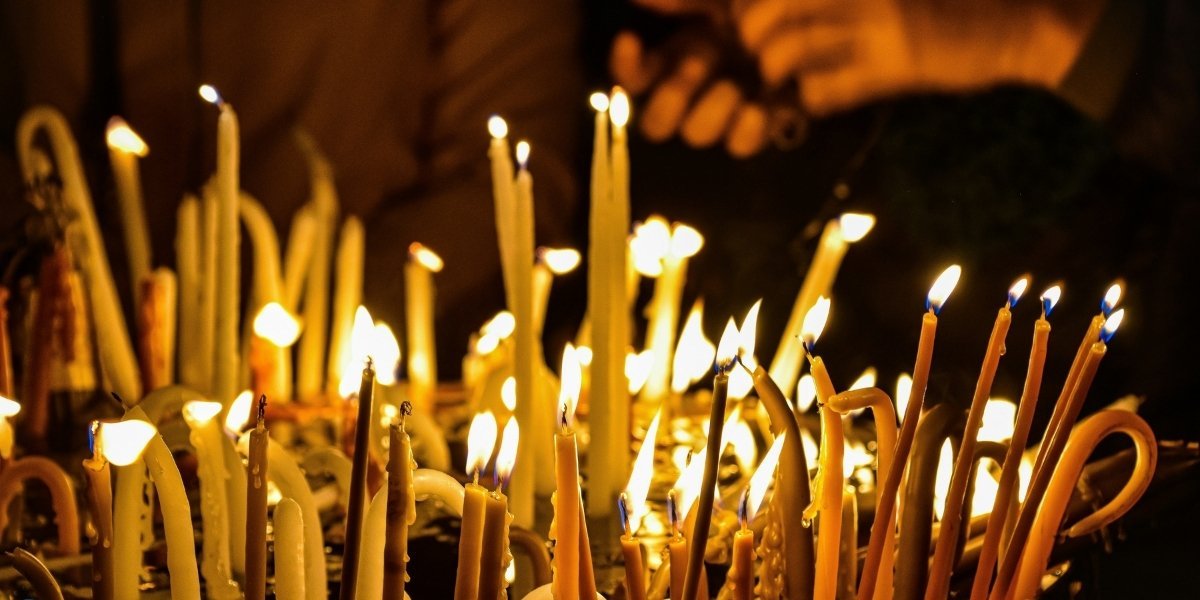Having a thorough understanding of security camera monitoring is crucial for protecting our homes, businesses, and communities at a time when security issues are of the utmost importance. Technology for security cameras has advanced very quickly, giving us a potent self-defense weapon to prevent crime and protect safety.
This comprehensive guide to security camera monitoring is your road map for navigating this crucial area of security, regardless of whether you are a homeowner trying to secure your family, a company owner looking to safeguard assets, or a community leader focusing on public safety.
What are Security Cameras?
Security cameras are the devices that protect your home, business, or any other place. These can be either indoors or outdoors, depending on your needs. You can even contact a security camera monitoring service provider to get a detailed explanation of the important features that you may need.
These features can include HD resolution, night vision, two-way talk, smartphone controls, and others. Depending on your needs, the service provider can assist you with the camera that suits you best.
Why Do You Need Security Camera Monitoring?
It is the most common question people ask: what is the need for a security camera? To answer, it depends on the level and type of security you need for your office or home. Although there are motion detectors that can also assist you with any unusual activity, they will not tell you who is entering.
In addition, cameras can be an immense help for the authorities in cases of theft or trespassing. With audio and video recording features present in the security camera monitoring, the authorities will be in a better position to capture the culprits.
Most law authorities also considered video footage as proof of evidence. Hence, if you feel that your business is at substantial risk, there is a good reason you should get a security camera installed at your place.
How to Understand the Number of Cameras Needed?
Once you have figured out there is a need for security camera installation, the second important question is: how many cameras should one install? The answer is simple. Depending on the size of your house or business, the number of cameras may differ.
In an ideal situation, you should have a camera placed at the entrance. Additionally, you can install the cameras in places where there is a greater likelihood of a security breach or where you usually go.
Features to Look for in Security Camera Monitoring
Nowadays, you may find types of security cameras for monitoring purposes. These can range from indoor to outdoor, wireless to wired, and Wi-Fi to without Wi-Fi. The list is endless, and hence comes the difficult part: which one is the best?
To arrive at a well-informed conclusion, we have curated the must-have points in your security camera monitoring to consider before going for the one you need.
1. Connectivity
Remember to always check for the connectivity feature of your camera. What kind of network does it need? Will it work on Wi-Fi, or will it need any advanced connectivity, such as a dual-band router? If you are aware of these answers and your availability, choosing a camera will be easy.
2. Technical Support
More often, people require technical support call center services for camera installation, surveillance, and other reasons. Your preference should be to look for one that can provide you with 24/7 assistance. It is a technical and electronic thing that may need repair and fixing at any point in time.
3. Footage Quality
The quality of the footage being recorded is yet another important feature to look for in your security cameras. It would be best if you had a camera that could offer you high-resolution and clear footage to provide you with the details of the incident. A blurry image will not help you identify the real criminals if time demands it.
Final Thoughts
The surveillance industry has undergone a fundamental transformation over the years. Keep in mind that using security cameras responsibly and ethically involves more than just protecting your possessions; it also entails respecting privacy and upholding a sense of security. You may achieve a balance between personal safety and privacy by being knowledgeable and alert.









